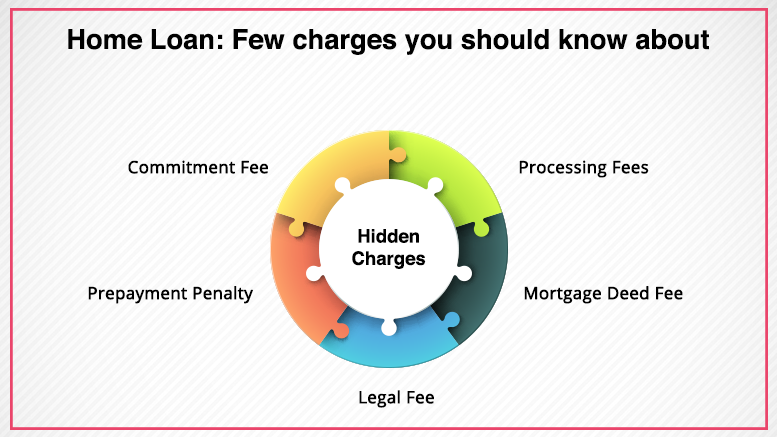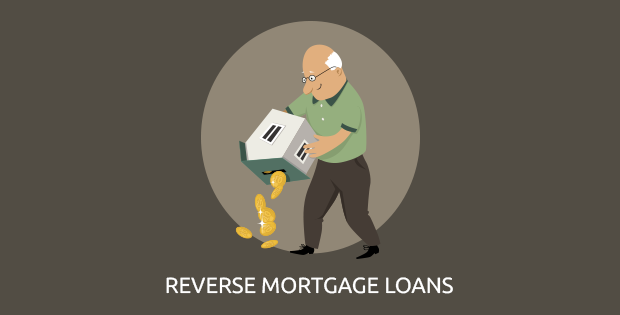
- About Us
- OUR OFFERINGS
- CALCULATORS
- RESOURCE CENTRE
-
Quick Links
- Existing Customers Benefits
- Become a Partner
- Pre-Approved Projects
- Home Loan App
- Blog
- CSR
- Locations
- Roi Switch Policy
- Co-Lending Policy
- Co-Lending Partnerships
- Customer Sensitization Program
- ROI Range
- Borrower Education - SMA/ NPA classification
- Borrower Awareness - RBI Ombudsman Scheme
- Borrower Awareness - procedure for handover of property documents
- NEWS CORNER
-
INVESTOR RELATIONS
- Financial Reports
- Investor Presentations
- Annual Reports
- Notices
- ESG Profile
- IEPF
- Investor Call Transcript
- Corporate Announcement
- Public Issue of NCD'S
- Qualified Institutional Placement
- Investor Relations Contact
- Familiarisation Programmes
- ISO CERTIFICATIONS
- Forms for Shareholder KYC-PAN-Nomination update
- Credit Ratings
- Statutory Advertisements
- ODR Portal
- Rights Issue
- Sustainable Financing Framework
- CONTACT US
- Login
 Apply
ApplyOnline

India's 1st Completely Online Home Loan!
-
e-APPLY
-
e-SANCTION
-
e-DISBURSE
Start your eHome Loans Process Now!
Apply OnlineHome loan for self-employed individuals - understanding the lender’s perspective

- Jan 17, 2019
- VIEWS: 8628
Buying a home remains a significant financial goal of life. It is an important milestone that we all hope to cross at some point in our lives. But with the sky-high property rates, it becomes almost impossible to purchase a home with our savings. We need to rely on banks, non-banking financial institutions and housing finance companies to provide a housing loan. We also need to have a decent down payment since lenders provide a maximum of 85%-90% finance. These loans are offered to everyone; whether you are a salaried individual, a woman applicant, a senior citizen or even a self-employed individual. In this article, we shall shed light on home loans for self-employed borrowers.
Home loan for self-employed individuals
India is currently going through an economic boom. “Make in India” has become a concept that is not only appreciated but also encouraged. More and more people are taking the route of entrepreneurship. Whether it is launching an e-commerce platform, running a small family business or opening commercial stores and cottage industries, people are preferring to be their own bosses. Such people fall in the ‘self-employed’ category and do not live on a pay check-to-pay check basis. They can have varying levels of income month on month. Owing to this economic boom, lenders are not hesitant to offer housing loans to self-employed individuals who do not have a fixed monthly income, so long as they are fall under the loan eligibility criteria of the lender, can provide the necessary documents and prove that they have the repayment capacity.
Understanding the lender’s perspective
While financial institutions have become far more liberal in offering home loans to self-employed individuals today than were in the past; they typically consider the following before approving the loan.
The down payment you are willing to pay is considered:
Home loans for self-employed borrowers are easily approved if the lender believes that you are safe candidate. If you can show that you have a good amount of savings and that you are willing to put down a high down payment on the loan, then the lender can consider you to be a safe candidate for the loan.
Your credit scores are checked:
No matter what type of a loan you take out and what category you fall into (salaried or self-employed), first and foremost, lenders ask to check your CIBIL or credit scores. Your credit scores are nothing but an evaluation of your borrowing habits. Financial institutions evaluate your credit behaviour; whether you are paying off your credit card bills on time or if you have defaulted on a loan or EMI payments in the past. You typically need a credit score exceeding 750 points for your loan to be considered. A high down payment coupled with good credit scores can increase your loan approval chances.
Your earnings are considered: Since a home loan is primarily granted on the basis of one’s repayment capacity, the lender considers the annual income of the applicant, including the core and non-core income sources. You have to provide your balance sheets and the profit and loss accounts of the current financial year. You can also show your non-core income which includes income from investments, income from rented properties (if any) and so on. The income of self-employed borrowers is generally ascertained through their financial transactions and profit margins. You must also provide your Income Tax returns of the last 3 years. Lenders typically consider your average income in the last 24 months for validating your loan application. All these documents can help the lender gauge the borrower’s actual repayment capacity, thus making them eligible for a loan of a higher amount.
The loan tenure is taken into account: Lenders today offer housing loans that last up to 30 years. This allows borrowers to pay affordable EMIs. You can also increase your EMI amount as your income increases. Increasing the EMI amount gradually, allows self-employed individuals to balance the cash outflow and focus on further developing their businesses without stressing about their financial situation. As a self-employed borrower, if you opt for the loan step-up facility, on your chosen tenure, your chances of loan approval increase manifolds.
Documents required
To sanction home loans for self-employed borrowers, financial institutions ask for a long list of documents. They include the following
A filled application form: You must download the loan application form from the lender’s website and fill it accurately. Ensure that you do not provide any false information as that can result in your application getting rejected.
Proof of identity: While your PAN card is mandatory, you can submit any of the below mentioned government authorised documents as ID proof.
- Passport
- Aadhaar Card
- Voter ID
- Driving License
Proof of residence: You can submit any of the below mentioned documents as address proof
- Passport
- Aadhaar Card
- Voter ID
- Driving License
- Latest telephone and electricity bills
- Bank Statements reflecting your current address
- Life Insurance Policy
- Credit Card Statements of the last three months
Address Proof for Business Entities: Any of the below mentioned documents are accepted
- Trade License Certificate
- Shops & Establishment Certificate
- PAN Card/Sales Tax/ VAT Registration Certificate
- Partnership Deed / Memorandum of Association for companies
- SSI Registration Certificate
Proof of Income: You must submit all the below mentioned documents as income proof
- Income Tax Returns for the last 2 financials years (some lenders can ask for ITR of the last 3 years)
- Balance Sheet, Profit & Loss statements (duly certified and audited by a CA if applicable)
- Business’ current account statement of the last 6 months
- Personal saving account statement of the last six months
Apart from these, your lender may also ask for some additional documents at their discretion when you apply for a self-employed home loan.
No Comments
Subscribe
Most Viewed Blogs
Categories
- Home Loans Guide 125
- Home Renovation Loan Guide 3
- Home Loan Transfer Guide 14
- Home Extension Loans Guide 1
- Loan Against Property Guide 28
- Home Loan Interest Rates Guide 2
- Others Guide 8
- Home Decor & Lifestyle Guide 5
- Plot Loan Guide 3
- PMAY Guide 5
- Uncategorized Guide 1
- NRI Home Loans Guide 5
- Financial Resolutions Guide 1
- New Year Resolutions Guide 1
Archives
- Mar 2020
- Jan 2020
- Nov 2019
- Jul 2019
- Jun 2019
- May 2019
- Apr 2019
- Mar 2019
- Feb 2019
- Jan 2019
- Dec 2018
- Nov 2018
- Jul 2018
- Jun 2018
- May 2018
- Apr 2018
- Mar 2018
- Feb 2018
- Jan 2018
- Dec 2017
- Nov 2017
- Oct 2017
- Sep 2017
- Aug 2017
- Jul 2017
- Jun 2017
- May 2017
- Apr 2017
- Mar 2017
- Feb 2017
- Jan 2017
- Dec 2016
- Nov 2016
- Oct 2016
- Jun 2016
- Apr 2016
- Mar 2016
- Feb 2016
- Jan 2016
- Dec 2015
- Nov 2015
- Oct 2015
- Sep 2015
- Aug 2015
- Jul 2015
- Jun 2015








